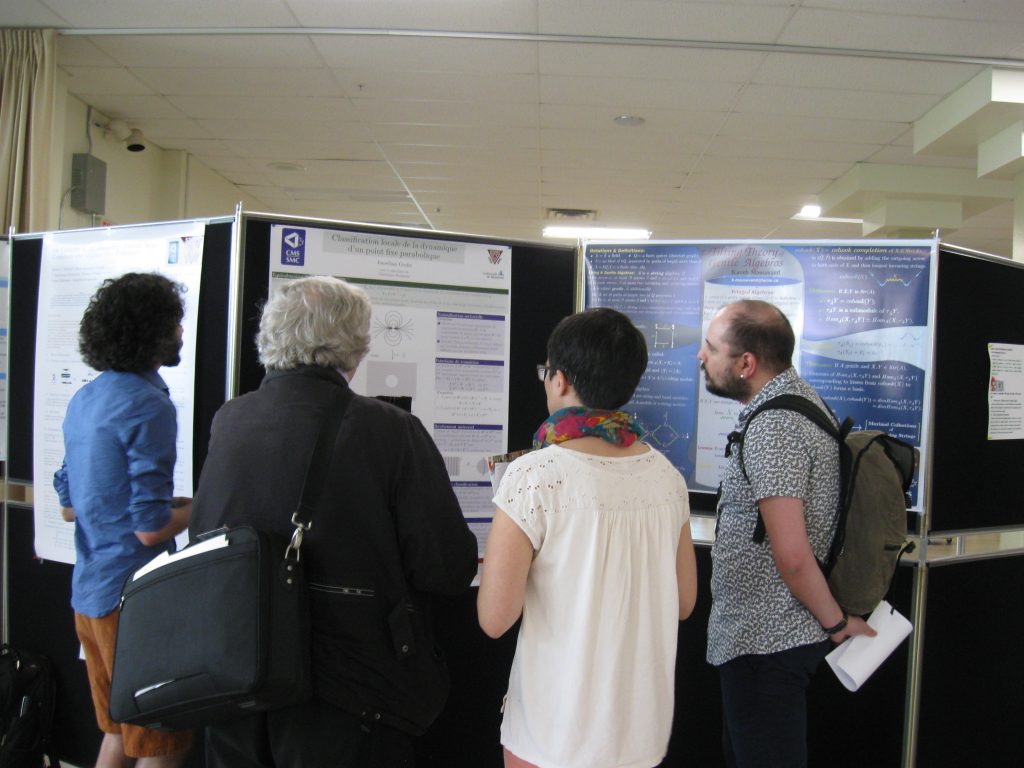2019 CMS Summer Meeting, Regina, SK, June 7-10

With the support of CRM, the Fields Institute, and PIMS grants are available to partially fund the travel and accommodation costs for bona fide graduate students at a Canadian or other university and CMS student members. Click here to become a CMS Student Member.
Preference is given to Canadian students. To apply for this funding, applicants should ask their supervisor or departmental graduate advisor to complete the online application form no later than April 30.
Applicants will be notified late in April of the funding decision. If successful, the student will receive a cheque for reimbursement of expenses after the meeting and upon completion and submission of the standard Travel Expense Claim Form, along with appropriate original receipts.
For more information, please contact the Meeting Committee.

Organizers: Asmita Sodhi (Dalhousie) and Yuliya Nesterova (Queen’s)
studc-summer19-poster@cms.math.ca
Students are encouraged to present a poster with a topic of their choice on Saturday, June 8th. To register for the poster session, the abstract has to be submitted and registration has to be paid by May 17.
Setup will take place on Friday, June 7th starting at 3:00 pm, or on Saturday, June 8th before 8:30 am. Presenters are asked to give a short (~3min) presentation to the judges and remain at their posters during judging to answer questions. The winners will be announced following the judging time period. Prizes are awarded at the banquet on Sunday, June 9th to the three best poster presenters, based on content, organization, and presentation. Each winner will receive two complimentary tickets to the banquet as well as $100 and a framed award certificate.
The Canadian Mathematical Society Student Committee (CMS Studc) invites students (undergraduate and graduate) to present a talk on a topic of their choice at the Student Research Presentations Session during the 2019 CMS Summer Meeting. These presentations should introduce the student’s research to a general mathematical audience.
Any questions about the student sessions should be directed to the student session organizers at:
To register for the session, contact the organizers of the session with a draft abstract by May 15. Notice of acceptance will be given by May 17. Abstracts submitted after this deadline will be considered if space remains.
Presenters will also have to register for the meeting. Student members of the CMS who are presenting a poster or talk have significantly reduced registration costs ($30 until May 6, $45 thereafter). If you are not currently a member of the CMS, talk to your department chair about the possibility of becoming a university-sponsored student member for a reduced fee.

Saturday June 8, 2019 20:00- late
The CMS Student Committee invites all student participants at the 2019 CMS Summer Meeting to its Student Social.
The Social will take place at 8 PM. More details to follow
© 2021 2019 CMS Summer Meeting. Built using WordPress and the Mesmerize Theme